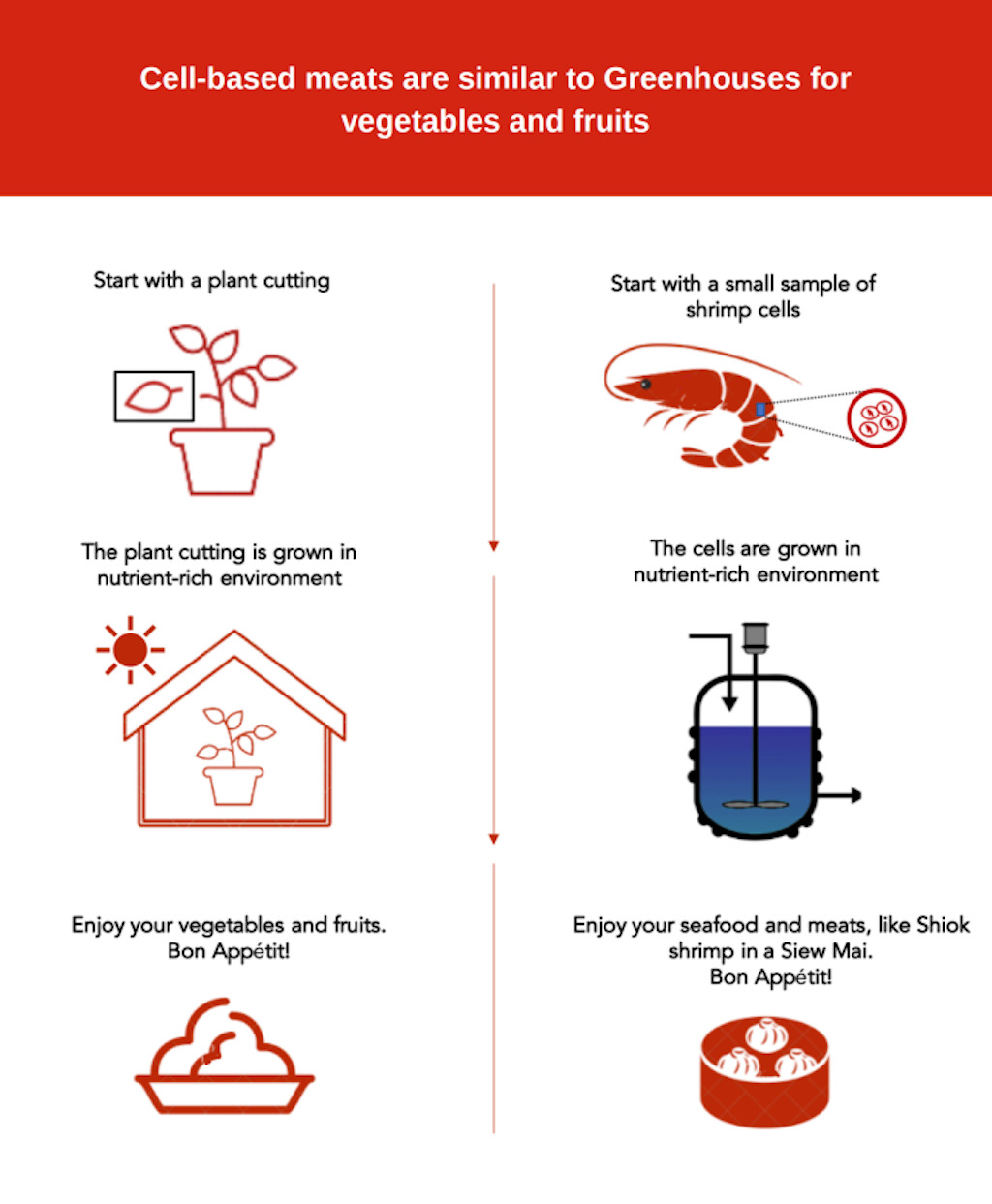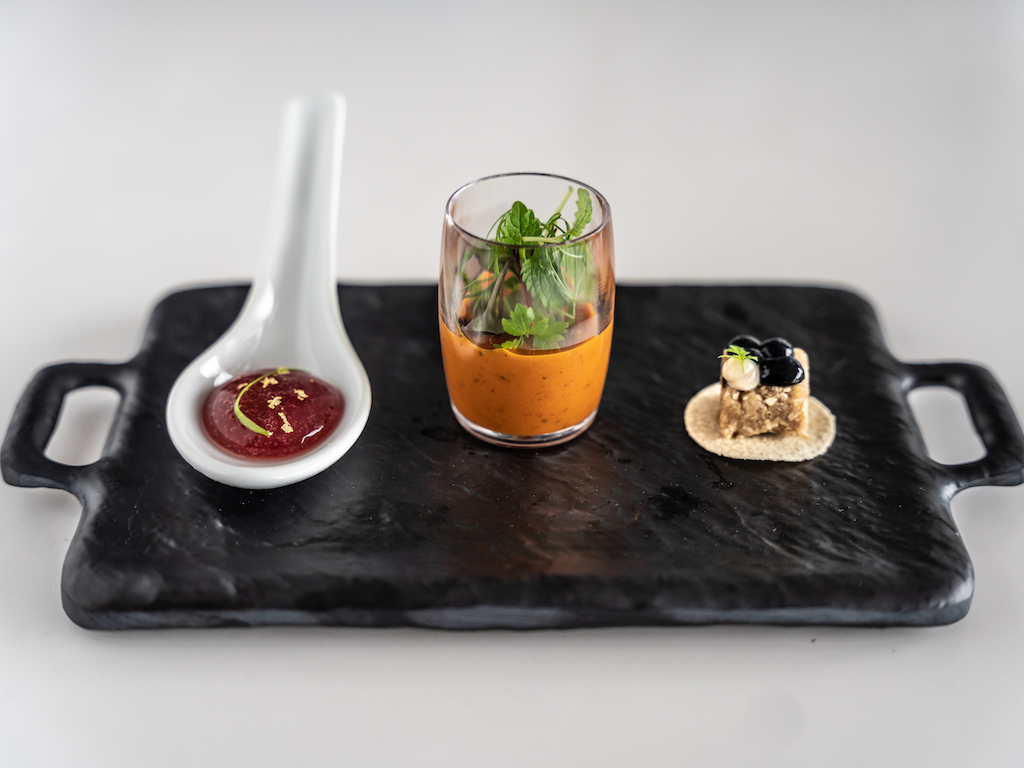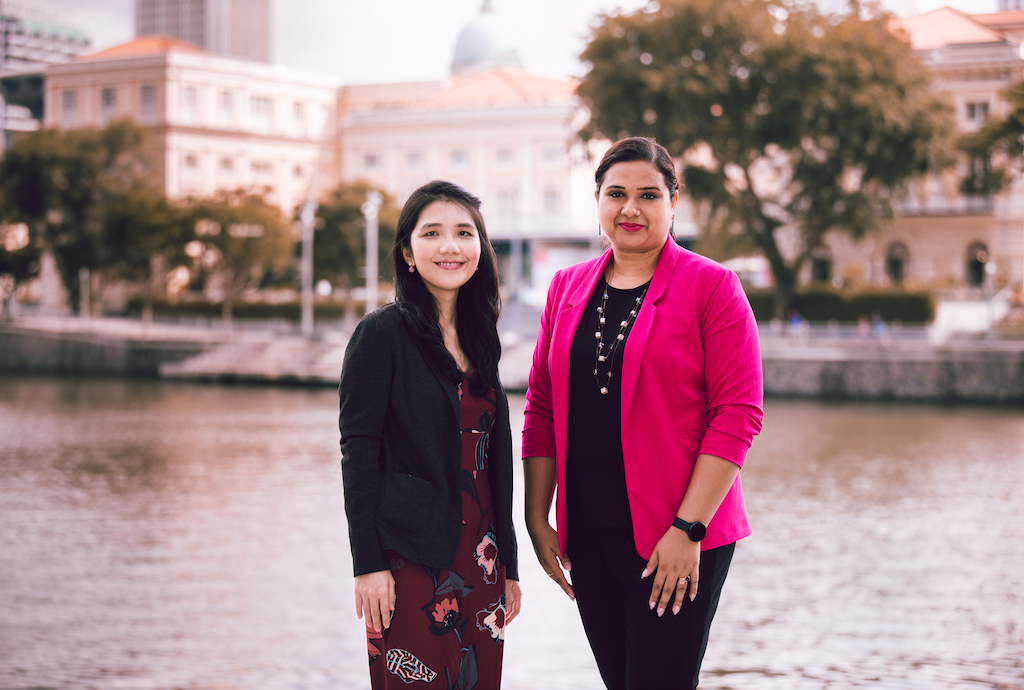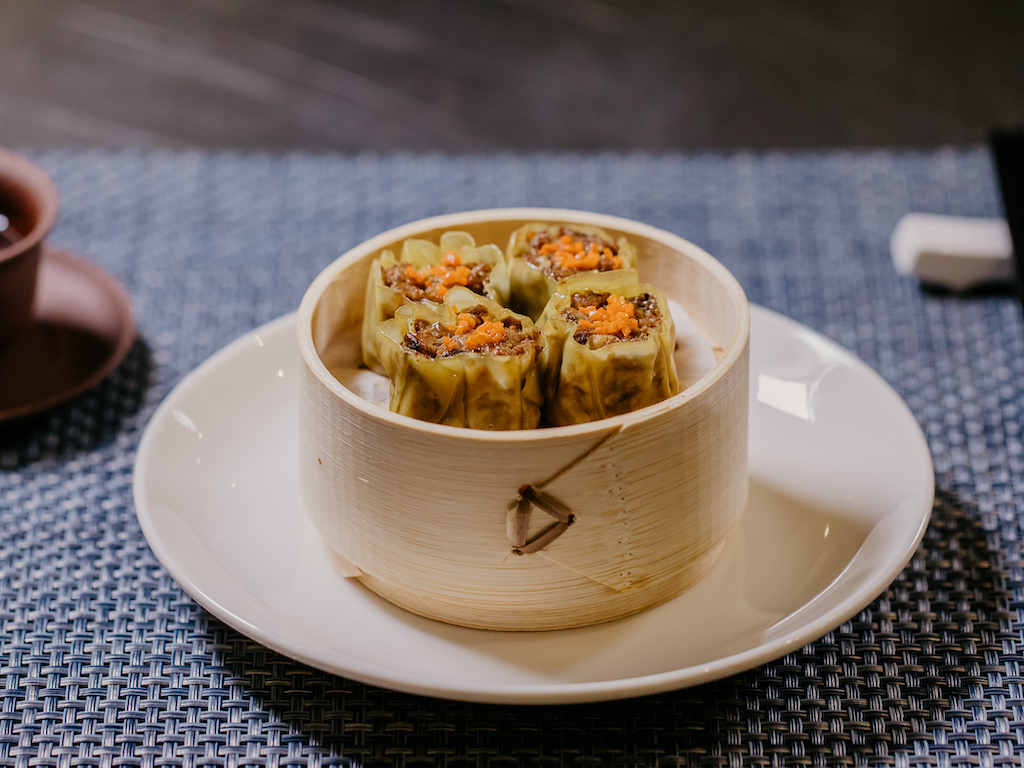5 Mins Read
More than three-quarters of consumers in Singapore are open to trying cultured seafood, a recent survey finds, with the primary motivations being sustainability, curiosity in the novel protein, and health and food safety concerns. The research, originally conducted by cell-based food tech Shiok Meats for internal purposes, has been shared exclusively with Green Queen Media and Future Food Now, the Asia-Pacific alternative protein investment and consultancy platform founded by Michal Klar.
Data from a recent survey conducted in late 2020 for Singapore-based cultured crustacean maker Shiok Meats has found that a significant majority of consumers in the city – more than 78% – are willing to try cell-based seafood options after being shown a simple infographic of explaining the concept of the novel alternative protein. Of the entire cohort, of which 83% considered themselves as omnivores, 56% said that they already understood or have prior heard of cell-based seafood.
The top factors that participants cited as the reason why they would be willing to taste cultured seafood was sustainability, with 45% saying that the appeal comes from the lower environmental footprint compared to its traditional counterparts.
Other key drivers include curiosity about cell-based seafood (20%), as well as health and food safety concerns related to aquaculture (16.5%), such as the overuse of antibiotics and nutritional advantages of proteins that have been cultivated directly from cells. Ethical or animal welfare related reasons also contributed to interest in cell-based seafood, though to a lesser extent (15%) than sustainability and health.

We are very encouraged that the majority of survey respondents are interested to try cell-based seafood.
Dr. Sandhya Sriram & Dr. Ka Yi Ling, Co-Founders, Shiok Meats
The results are a part of an internal consumer research study that has been shared with Green Queen Media and Future Food Now, and represents one of the first looks into the perception and familiarity of cultivated seafood amongst Singapore’s ethnically-diverse residents. It was commissioned by Shiok Meats, the Singapore food tech behind the world’s first cultivated lobster and currently the most valuable cell-based startup in Southeast Asia, following its recent US$12.6 million Series A funding round.
“We are very encouraged that the majority of survey respondents are interested to try cell-based seafood. This is true for both groups who were familiar and unfamiliar with cell-based seafood,” commented Dr. Sandhya Sriram, CEO and Dr. Ka Yi Ling, CTO and co-founders of Shiok Meats in a joint statement issued about the research and its findings.
The online survey collected data from 850 respondents who responded to a call to answer questions via various channels including social media, and made up the gender and ethnically representative sample of Singapore consumers, though no independent third-party research was conducted to verify potential biases in the participant pool.

These mostly young, well educated, environment-focused consumers will be crucial in the early phase of commercialisation, before cell-based startups are able to close the price gap with conventional products.
Michal Klar, Founder, Future Food Now
Notably, the survey also examined the potential “early adopters” of cell-based seafood who would be willing to pay premiums and were very or extremely likely to regularly purchase the product. Among those identified are mainly younger respondents between 18-39 years old who were more likely to be ethnically Indian or Caucasian. Those who declared themselves as vegans were the most likely of all diet groups to become “early adopters”.
One self-identified vegan who participated in the survey, said that as someone who chooses to follow a plant-based diet for ethical reasons but “simply cannot find any clean, unprocessed vegan seafood alternative[s]”, they would “definitely support and try cell-based seafood as I was previously a pescatarian and miss seafood very much.”
Another respondent noted that due to their commitment to sustainability, they would be willing to pay “10-20% higher” prices over existing conventional seafood options and would “encourage family and friends to choose cell-based seafood” once made available.
Klar believes that these results are encouraging, particularly in identifying the key demographics that will be critical to kickstart the wider adoption of cultivated proteins, as more startups gear up their go-to-market plans in the coming months and years.
“Importantly, the research identified a small group of early adopters (~2% of the population) that are willing to pay over 50% price premium. These mostly young, well educated, environment-focused consumers will be crucial in the early phase of commercialisation, before cell-based startups are able to close the price gap with conventional products,” Klar told Green Queen Media.

While the general population might be less willing to pay premiums for the cell-based version, nearly half (48%) did state that they would be likely to purchase cultured seafood provided it be available at price parity, indicating that reaching a cost at par with conventional products would be a significant motivator for mass consumers to make the switch.
Other obstacles to the adoption of cell-based seafood include the lack of familiarity or understanding about the product itself, suggesting the important need for the alternative protein industry to promote public awareness about its benefits. Around 40% of respondents, for instance, cited “unfamiliarity of novel foods” as the main reason why they would be deterred from trying cell-based seafood, while cost (10%), taste (7.7%) and freshness (6.5%) trailed behind as other concerns.
“Some have also left remarks about the unnaturalness of cell-based seafood, fear for lab-based food, concerns of safety and health risks, ethical reasons, the lack of personal benefits and fear for loss of livelihood for farmers,” the researchers wrote.
For Shiok Meats’ co-founders, these insights lend further credence to the “need for consumer education and transparent communication.”
All images courtesy of Shiok Meats.




